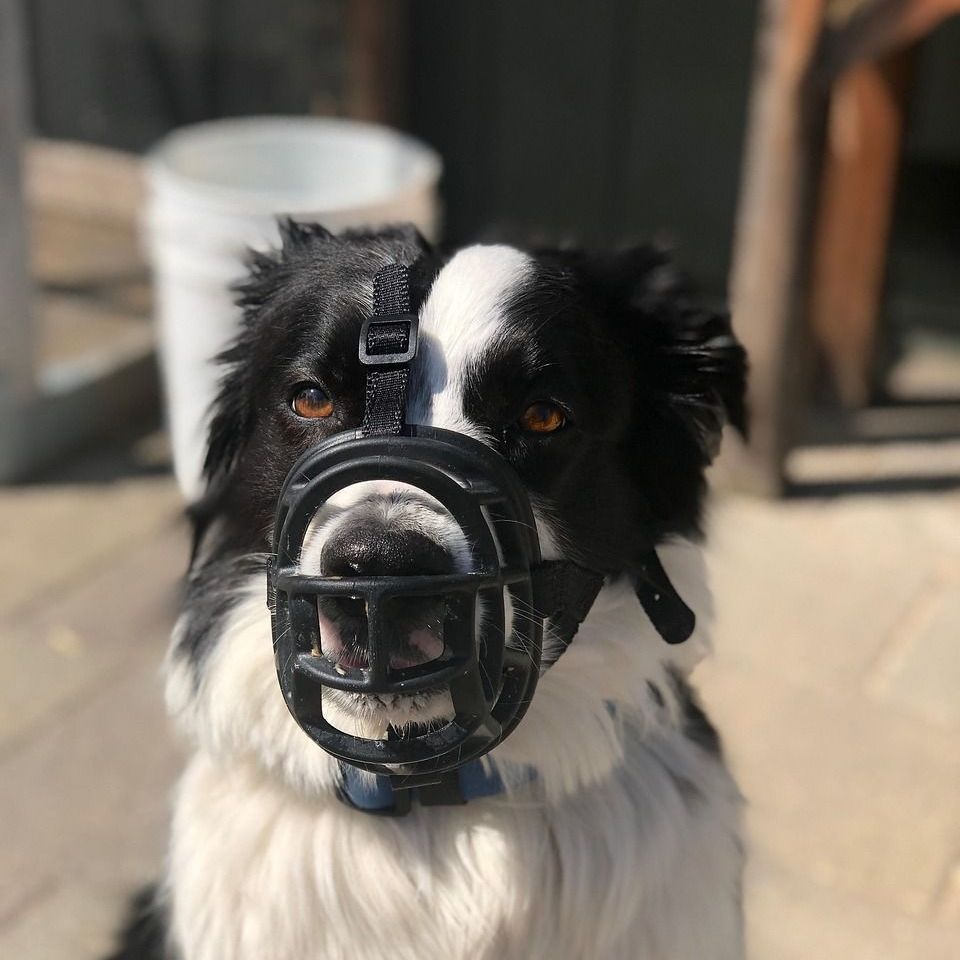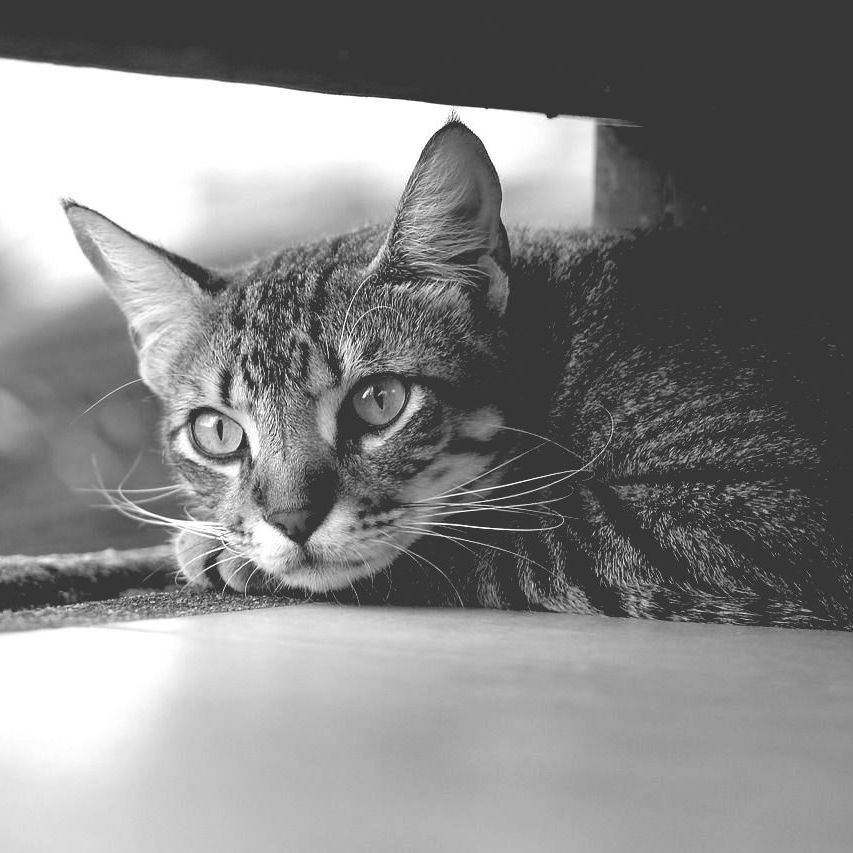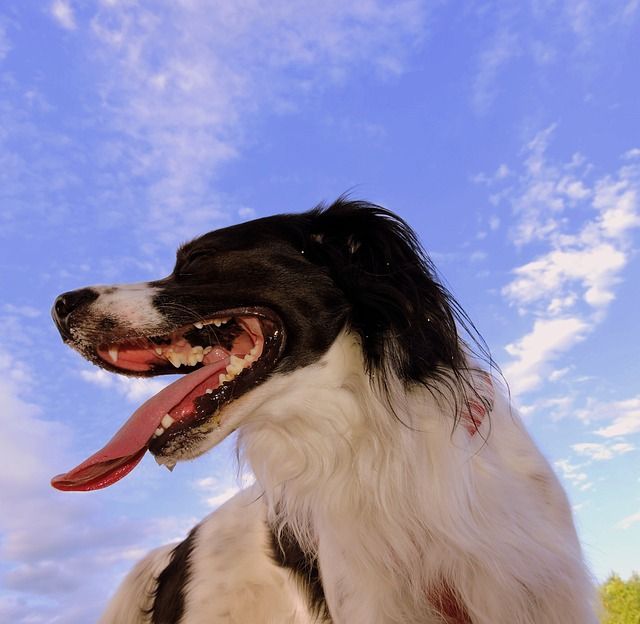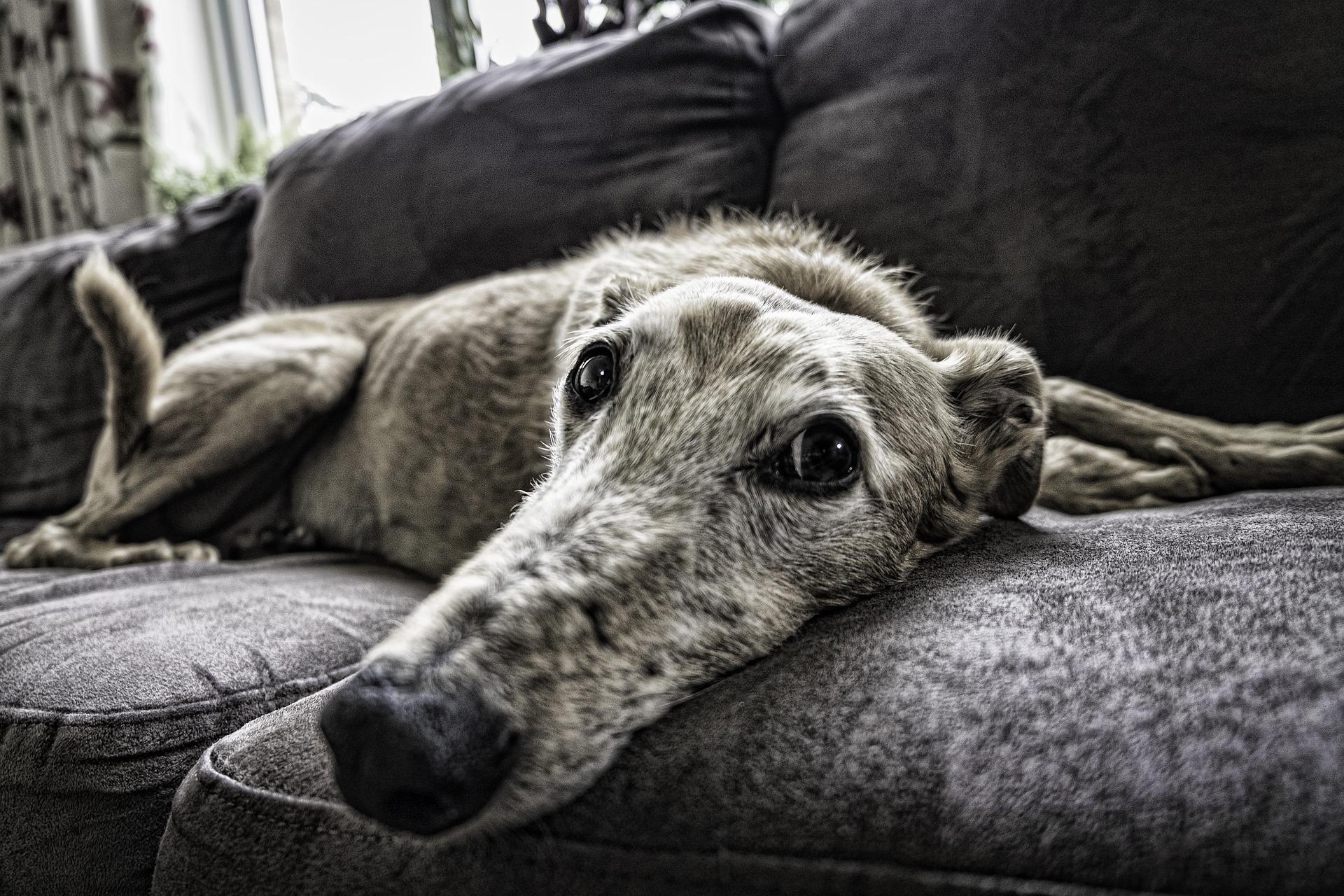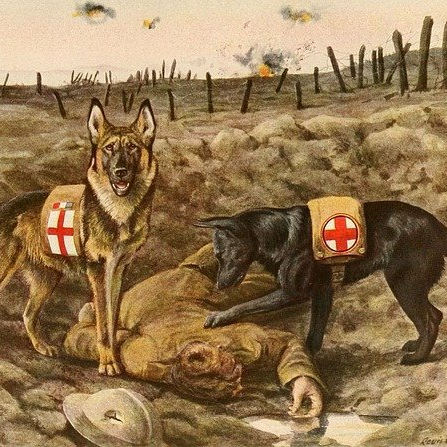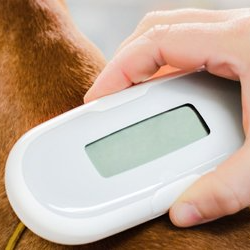Understanding the ban on American Bully XL dogs in the UK
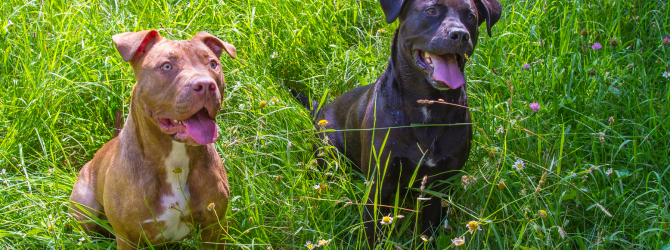
What's the situation?
American Bully XLs have been officially banned in England and Wales. Starting from 1 February 2024, ownership will be illegal unless an exemption has been applied for and granted. By 31 December 2023, it will be against the law to sell, breed from, abandon, or give away an American Bully XL. They must also be on a lead and muzzled when in public. If an American Bully XL is less than a year old by 31 January 2024, it needs to be neutered by the end of 2024. If older, neutering must be done by 30 June.
Does this mean that if I own an American Bully XL it will have to be put to sleep?
No, the new guidance, issued by the UK government, is similar to rules for other breeds banned under the Dangerous Dogs Act 1991. The UK's chief veterinary officer clarified there wouldn't be a cull of the breed. Instead, owners can register their pets on the Index of Exempted Dogs for a fee. Almost 3500 banned dogs live legally with owners in the UK under this scheme. Before a dog can be exempted, requirements like neutering, micro-chipping, and third-party insurance must be met. The dog must also be on a lead and muzzled in public.
Is it illegal to own an American Bully XL?
From February 1, it will be illegal to own an American Bully XL unless you have an exemption as detailed above. The Dangerous Dogs Act allows the government to ban breeds bred for fighting. Police can seize any banned dog in public.
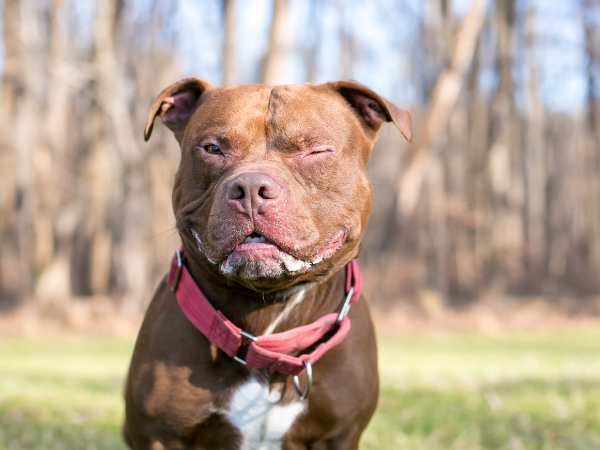
What is an American Bully XL?
The American Bully XL, also known as an XL Bully, is the largest variant of the American Bully type. It's a crossbreed developed by mixing various types of dogs. They first emerged in the US in the late 1980s, when American Pit Bull Terriers and American Staffordshire Bull Terriers were crossed. While the American Bully got recognition from the US United Kennel Club in 2013, it's not recognised by the UK Kennel Club or the American Kennel Club.
How do I know if my dog is classed as an American Bully XL?
To determine if your dog is an American Bully XL, you should look for specific characteristics as outlined by Defra's guidance. An American Bully XL is described as a large dog with a muscular body and a blocky head. This breed suggests significant strength and power relative to its size and is noted for its powerfully built physique. It's important to note that the American Bully XL is not a breed recognised by the Kennel Club in the UK.
What should I do if I own an XL Bully?
If you own an American Bully XL, continue caring for it as normal. We now know that the licensing process will require dogs to be neutered, microchipped and muzzled in public places. Therefore, you can prepare by ensuring your dog is neutered, microchipped, and trained to wear a muzzle. You can also obtain third-party liability insurance, which is available at a reasonable cost to members of the Dogs Trust.
When the ban comes into force, you'll need to apply for a Certificate of Exemption to keep your dog and comply with rules around banned breed types.
What are the rules for exempt dogs?
Under the current legislation, exempt dogs must be neutered, microchipped, kept on a lead and muzzled at all times when in public, and kept in a secure place so they can't escape. Owners must have third-party liability insurance, be over 16, and show the Certificate of Exemption when asked by a police officer or council dog warden.
What about other banned breeds?
The Dangerous Dogs Act 1991 already bans the Pit Bull Terrier, Japanese Tosa, Dogo Argentino, and Fila Brasileiro. Backing, breeding, selling, giving away, or abandoning these types of dogs is illegal.
Are other large breeds like the Cane Corso and Presa Canaria included in the ban?
The government is aware that banning American Bully XLs may result in other breeds, such as the Cane Corso or Presa Canaria, becoming fashionable, and they are considering what to do in those circumstances. But it’s possible other breeds and crosses between these breeds may be covered in the future.
Additional Resources
MUZZLING
Dogs that need to be muzzled are far better off if they are used to the muzzle being applied at home regularly
- https://woodgreen.org.uk/advice/muzzle-training-your-step-by-step-guide/
- https://www.pdsa.org.uk/pet-help-and-advice/looking-after-your-pet/puppies-dogs/muzzle-training
- https://www.bluecross.org.uk/advice/dog/dogs-and-muzzle-training
MANAGING ANXIETY/BEHAVIOUR
If you are worried about how your dog may behave at the vets for appointments or their neutering appointment, then we can help with this as there are some good "pre-appointment" medication that we can give to help them relax. We use a "chill protocol" and further advice on this can be found on our blog here.

